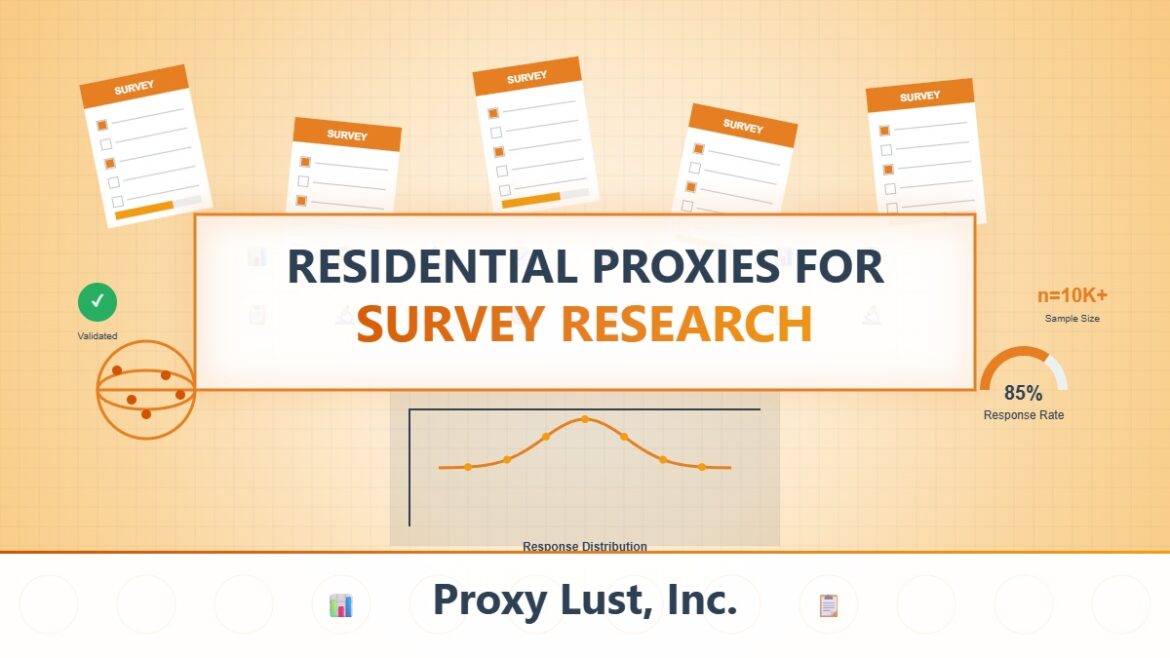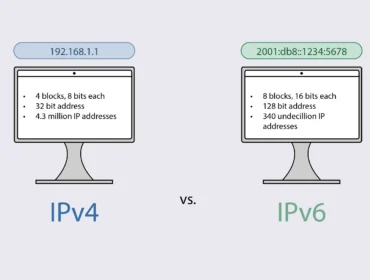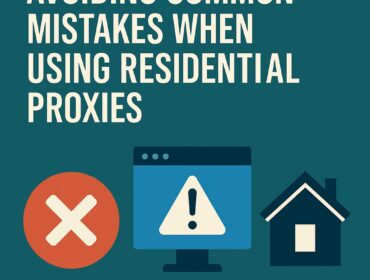Academic researchers, market research firms, and social scientists increasingly rely on residential proxies to conduct comprehensive survey research across diverse populations. Geographic restrictions, platform limitations, and regional biases create artificial barriers to representative data collection. Residential proxies enable researchers to gather authentic responses while maintaining methodological integrity and respondent privacy.
Overcoming Geographic Survey Limitations
Many survey platforms restrict access based on IP location, limiting researchers to respondents within their geographic region. This restriction severely impacts studies requiring cross-cultural comparisons or global perspective gathering. Residential proxies provide authentic access to survey platforms worldwide, enabling truly representative international research.
Regional survey panels often contain different demographic compositions and response rates. A survey panel accessible from New York might have entirely different characteristics than one accessed from Mumbai. Residential proxies allow researchers to tap into diverse respondent pools, improving sample representativeness and reducing geographic bias.
Platform-specific limitations further complicate research efforts. Academic survey tools, government data collection systems, and specialized research platforms frequently implement geographic access controls. These restrictions, while intended for data security, inadvertently limit legitimate research scope.
Ensuring Data Quality and Validity
Survey response validation requires sophisticated verification techniques. Residential proxies enable researchers to verify response patterns across different geographic regions, identifying potential bot responses or coordinated manipulation attempts. This verification strengthens data quality and research validity.
A/B testing survey instruments across different regions reveals cultural biases in question formatting. What reads clearly in one culture might confuse respondents elsewhere. Residential proxies facilitate simultaneous testing across multiple regions, improving survey instrument design before full deployment.
Response rate optimization benefits from regional testing. Survey invitation methods, incentive structures, and completion rates vary dramatically by geography. Test different approaches across regions to identify optimal strategies for each target population.
Methodological Advantages
Panel fatigue represents a significant challenge in survey research. Residential proxies enable access to fresh respondent pools across different platforms and regions, reducing reliance on oversurveyed populations. This diversity improves response quality and reduces learned response behaviors.
Longitudinal studies require consistent access to survey platforms over extended periods. Platform changes, regional restrictions, or technical limitations can disrupt multi-year research projects. Residential proxies provide stable access infrastructure ensuring research continuity.
Ethical Research Practices
Maintain strict ethical standards when conducting proxy-enabled research. Obtain appropriate institutional review board approvals, ensure informed consent procedures work across all accessed regions, and protect respondent privacy regardless of geographic location.
Transparency in methodology remains paramount. Document proxy usage in research methods sections, explaining how geographic diversity enhances rather than compromises research validity. Focus on how residential proxies enable more representative sampling rather than circumventing restrictions.
Advancing Research Quality
Professional researchers using residential proxies report significant improvements in sample diversity, response rates, and data quality. Access to truly global respondent pools transforms limited regional studies into comprehensive international research, advancing scientific understanding across disciplines.




